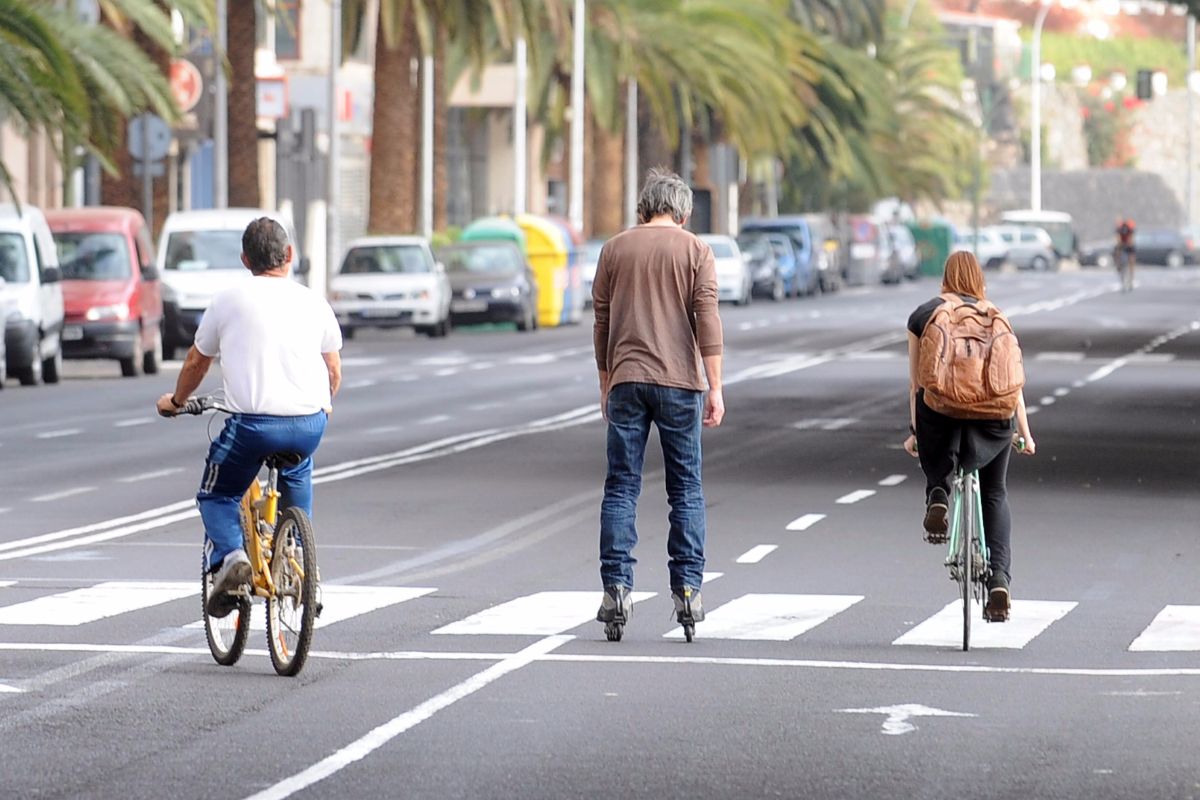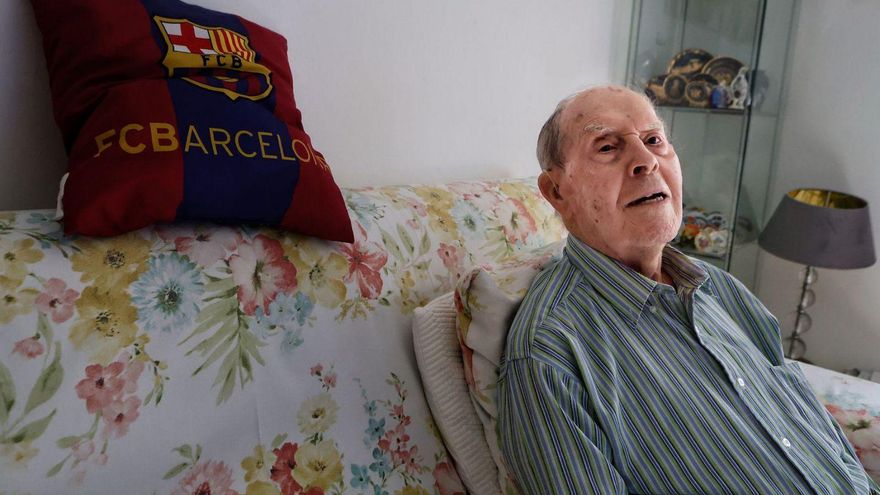Throughout history, beauty pageants have been a type of event highly consumed by society, particularly in the selection of beauty queens. These competitions primarily value the physical appearance of the participants, which are always attractive, young individuals fitting a normative body type. Any sign of excess weight, wrinkles, or “imperfections” that fall outside the socially acceptable standards are disregarded.
However, over the years and with a shift in societal attitudes, these contests have increasingly declined. In Lanzarote, the Miss San Ginés pageant, which crowned the queen of the San Ginés festivities, was last held in 2018, with the local council deciding not to organise it again in 2019.
Currently, various neighbourhoods in the city are hosting their own contests to elect a local miss as part of community celebrations.
Last week, El Almacén hosted the talk-gala Misses, Counterculture and Popular Art, which revisited the controversial beauty pageant held during the San Ginés festivities in Arrecife in 2000. During this event, the candidates accused the organisers of a presumed fix, stating that “the winner had been chosen before the contest even began.” Consequently, they brought this to the attention of the media.
Pedro Ayose Reyes, an actor and director, was one of the key figures at this talk-gala, alongside Cristóbal Tabares and writer Mare Cabrera. He noted, “this represented a bit of the dark and corrupt side that exists within society.” He described the decision of these contestants to raise the issue as “very brave, as they were young and there to fulfil a dream or enjoy themselves, so I believe we must honour these women who brought visibility to this situation.”
The events of the 2000 gala also related to the lack of credibility many candidates had towards the competition. “Helen Lindes, the Spanish model, became Miss Spain in March of that same year. She had participated a few years earlier in the Miss Lanzarote gala and did not win, which I believe also encouraged the girls to advocate for certain matters,” Reyes pointed out.

Viewing Past Beauty Contests Through a Contemporary Lens
During the talk-gala at El Almacén, the beauty pageants in Lanzarote were discussed from a historical perspective, rather than through the lens of modern society. Such events held significant importance for the people of Lanzarote decades ago.
“The beauty of time passing is that events like this become iconic and allow us to appreciate the fun,” declared the actor.
Selecting beauty queens was an intrinsic part of community celebrations, and in the case of Miss Lanzarote, it was a highly anticipated event for many girls who dreamed of being crowned the most beautiful woman on the island.
This provided job opportunities that, whether intended or not, were among the greatest rewards for competing and winning, mirroring the current scenarios in competitions like Miss Spain or Miss Universe.
The Lanzarote society of 25 years ago had a different mindset, where feminism, for instance, was barely acknowledged. Today, however, societal evolution is evident, with the movement for equality increasingly influencing various aspects of life, including beauty contests.
Many express their disapproval of such contests, viewing them as events that exclusively value “perfect” physical appearances. Yet, one cannot judge the past through the perspective of 2025. Everything evolves, for better or worse, and what was acceptable 50 years ago might not be so now.
In the 21st century, these contests still attract large audiences, similar to the attention they received in Lanzarote, despite the feminist discourse that counters the beauty and idealised bodies often promoted on social media. Currently, the struggle to move beyond the emphasis on physical appearance and the propagation of superficiality continues, showing no signs of abating.
When Miss Spain Was Held in Lanzarote
The fervour for selecting the most beautiful woman in Spain first reached Lanzarote in 1973, although it returned again years later, in 1987.
In the footage from 1973, we see the contestants visiting various locations around the island, including Timanfaya, the Jameos del Agua, and riding camels in the National Park.
José Luis Uribarri hosted the gala, where the Malagueña Amparo Muñoz was crowned Miss Spain, thereby becoming the Spanish candidate for Miss Universe.
In the second occasion the national contest took place in Lanzarote, in 1987, it was held in Costa Teguise, where the Gran Canarian Sonsoles Artigas was named Miss Spain.














